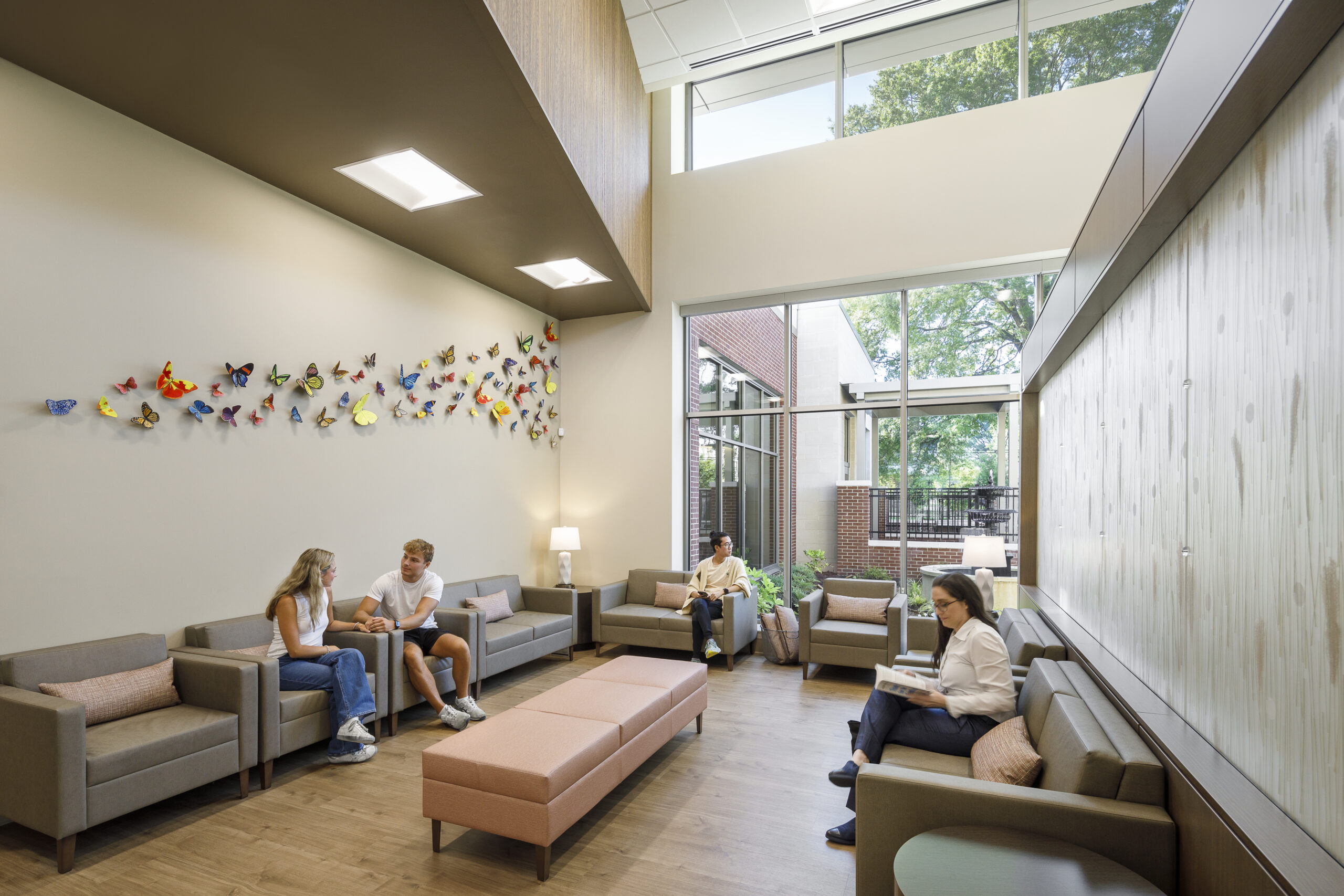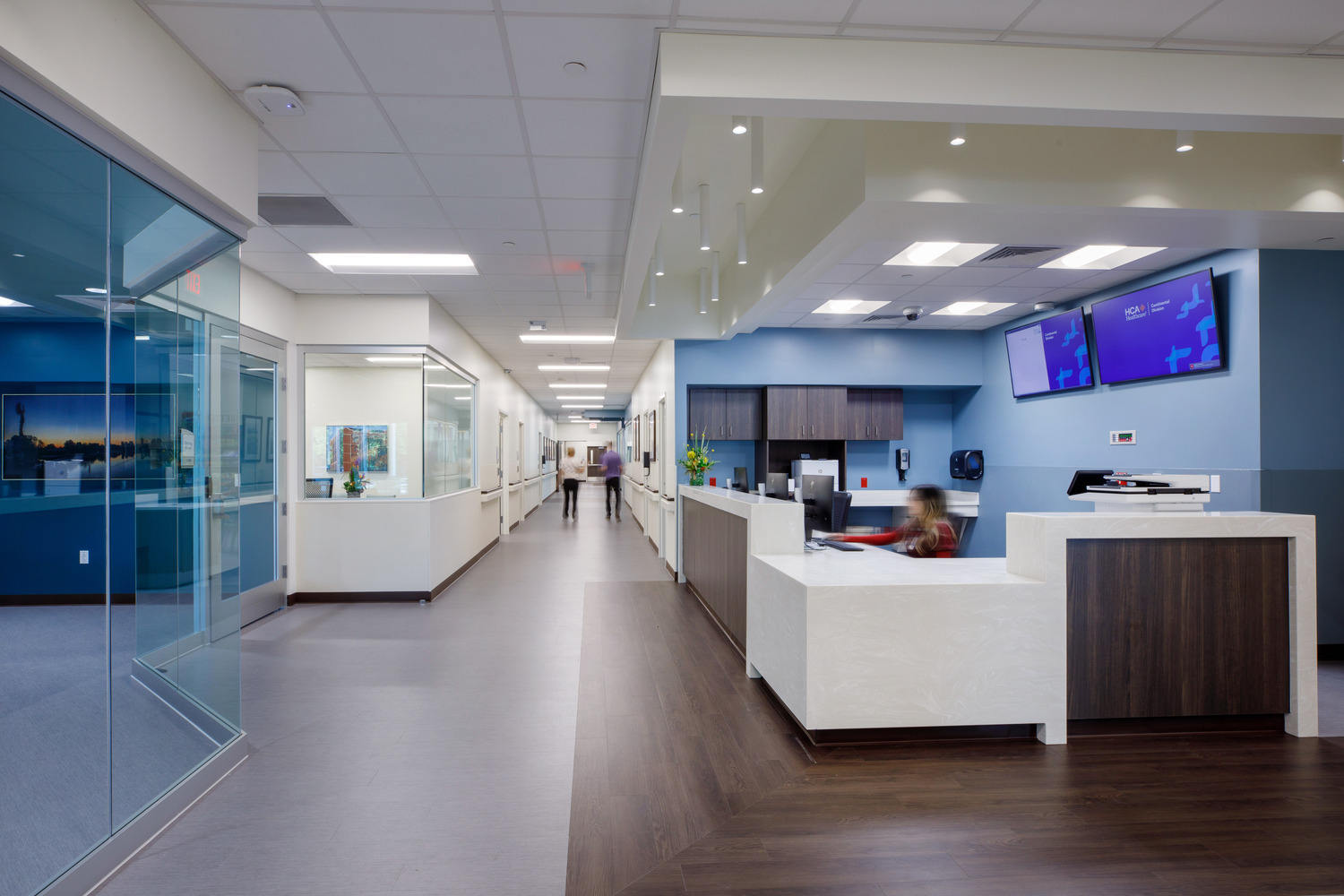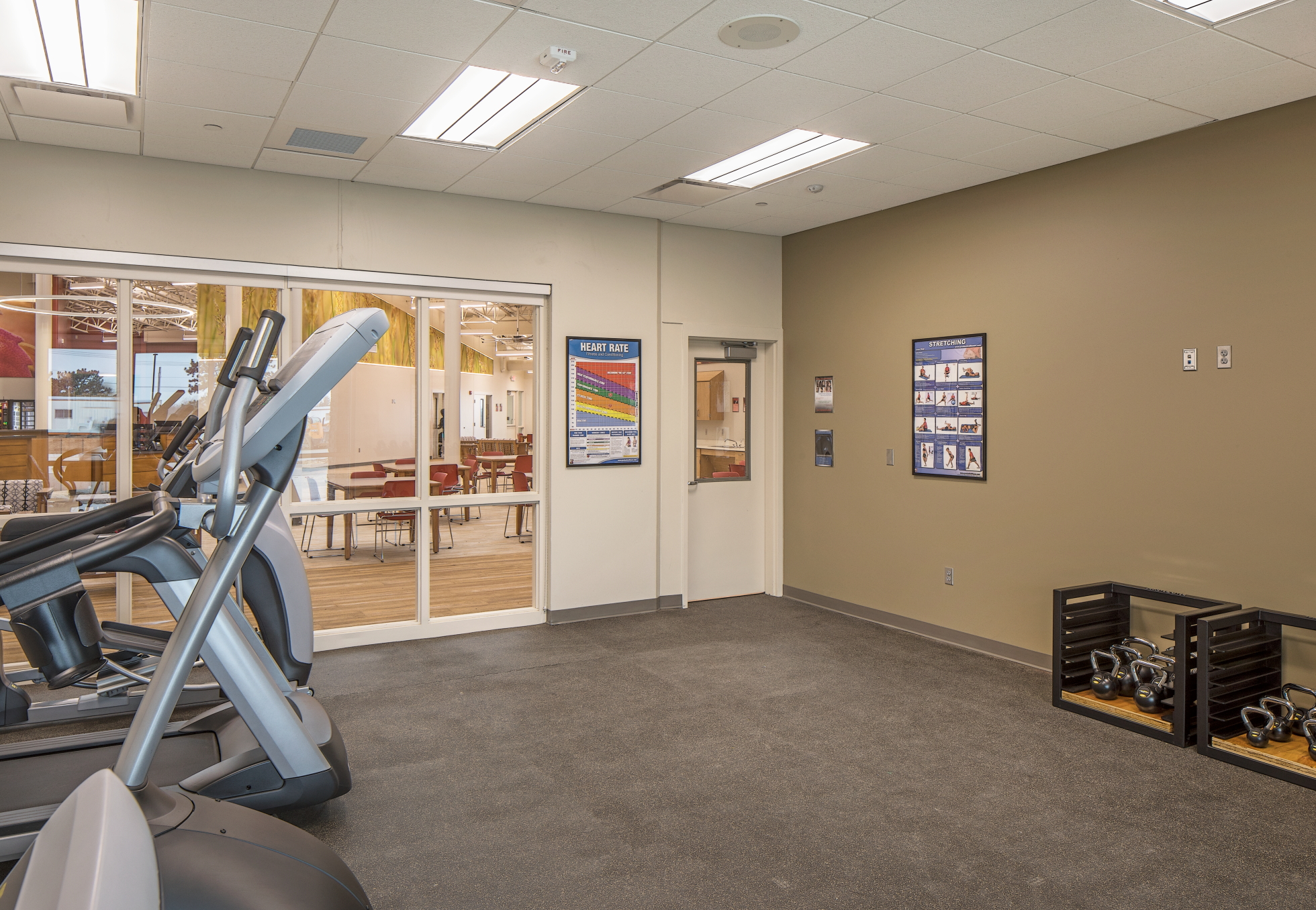By Steve Corletta
Preventing the spread of infections has always been a priority for hospitals and healthcare centers, but that mission has come into sharper focus in recent years with the emergence of COVID-19.
A hospital’s strategy for preventing the spread of disease is a thorough regimen of disinfection and hygiene that includes scrubbing, wearing gloves and masks and diligently sterilizing equipment. But it starts with operating in a space that helps contain infections.
At LeChase, our extensive experience in hospital and healthcare construction has shown that a hospital’s construction partner plays a key role in containing infections, notably airborne germs. A well-constructed building is the stage on which infection-control measures take place. Airtight seals and negative air pressure in key rooms – and now in more rooms than before – ensure that air moves inward and prevent airborne germs from escaping into a corridor or adjoining room.
Historically, one or two rooms in a hospital wing of 20 rooms were specially built to contain infections. While that may have been sufficient when hospitals were concerned with breakouts that were less rampant, COVID-19 changed the equation. The fast-spreading pandemic showed that more such rooms were needed. Indeed, hospitals need to be prepared to isolate everyone in a wing.
This means more seals that need to be reliably airtight and more dedicated equipment for each room.
To meet the higher level of protection, LeChase applies the deeply ingrained understanding of quality control we have developed over many hospital construction projects. We also remain mindful of the hospitals’ costs, which can rise substantially with the higher capability to isolate patients. LeChase, a leading builder of healthcare facilities, applies its purchasing power and expertise to keep costs down.
We demonstrated our dedication to infection control and efficient, high-quality construction at the University of Rochester, where we recently installed one of Synergy Med’s Clean Cube operating rooms in the recently completed surgical center at the Center for Orthopaedics and Physical Performance. The prefabricated, pre-engineered room is the world’s first fully functioning, technologically complete smart-cube of its kind in an academic institution.
The unit includes a built-in, automated system that provides continuous 99.9 percent disinfection. Its glass walls are more hygienic, non-porous and easily cleaned than drywall or stainless steel and offer the ability to hermetically seal the space.
LeChase’s dedication to controlling the spread of infection begins with its own operations. In late 2021, the company took a major step forward in providing less disruptive, cleaner construction operations with the opening of its Infection Control Risk Assessment (ICRA) Center. The center trains crews to prevent dust and other contaminants from spreading from its construction projects – including hospital renovations and expansions that often take place near areas where medical personnel are treating patients.
Located at the company’s New York Metro office in Armonk, it was among the first ICRA centers developed by a private company in the country. By training construction staff to prevent the spread of dust and other contaminants, it plays an effective role in containing infections. As the Centers for the Disease Control and Prevention notes on its website; “Airborne transmission can occur when infected patients cough, talk, or sneeze germs into the air (example: TB or measles), or when germs are aerosolized by medical equipment or by dust from a construction zone.”
Construction companies who serve hospitals and healthcare facilities must commit themselves to being innovative and staying abreast of the latest developments in infection control. As key partners in helping prevent the spread of disease, the companies and their crews shoulder the responsibility of helping to prevent outbreaks, stem the spread of diseases already impacting a community, and even mitigate the impact of a pandemic.
Steve Corletta serves as Project Executive for LeChase Construction Services, LLC.






